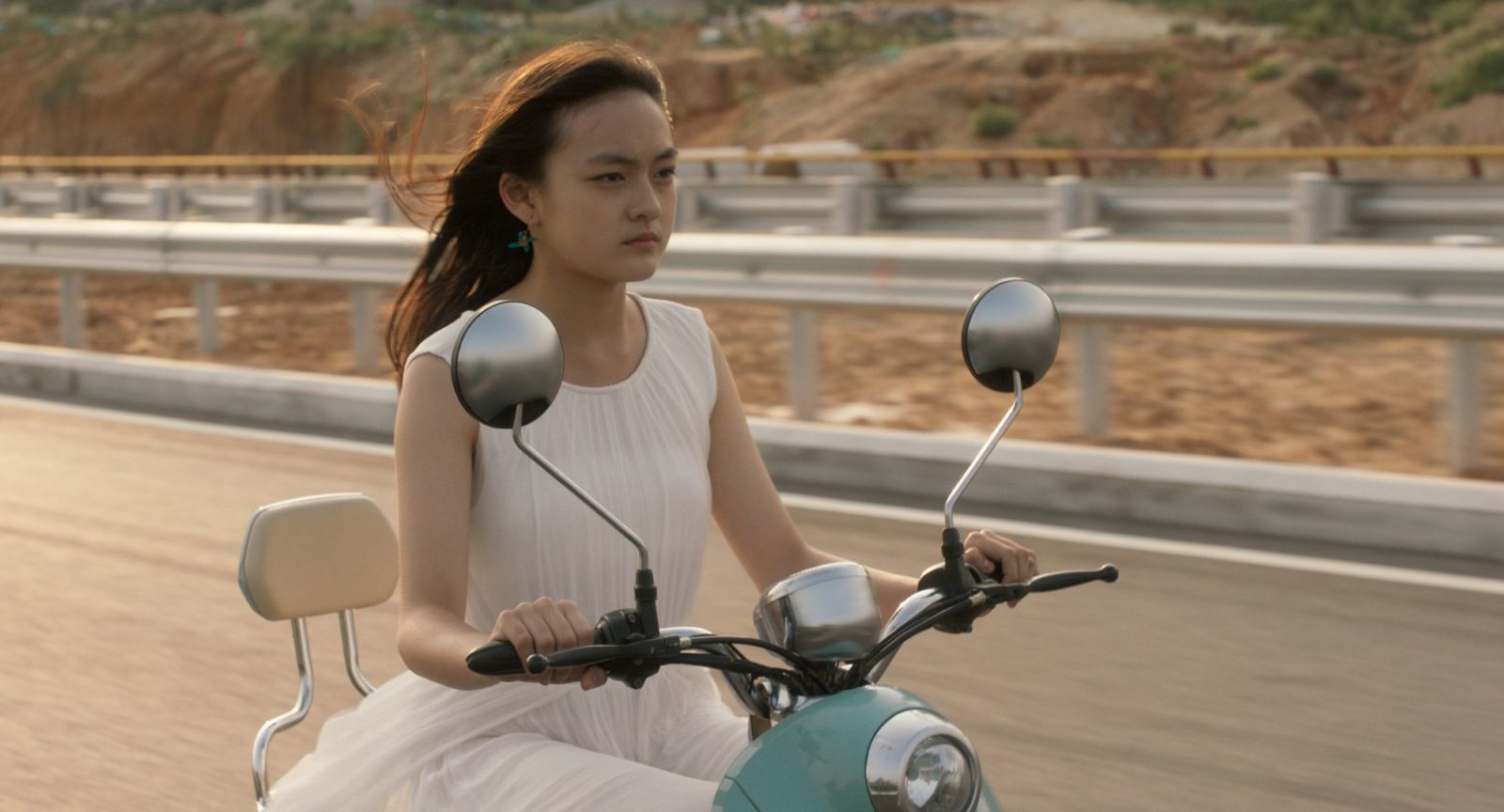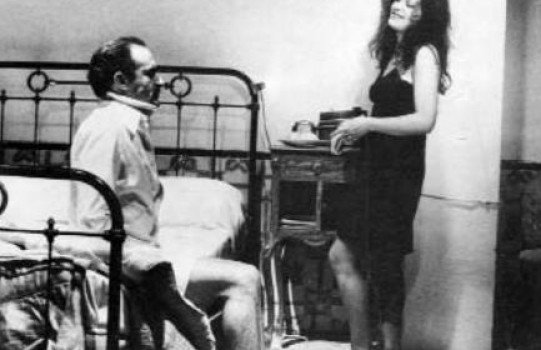The characters of Angels Wear White, the second feature of the Chinese filmmaker Vivian Qu, could say – as in Jean Renoir’s famous films – that they each have their reasons. Although the points of comparison between the two films are as limited as the subjects are different, the intelligence of Angels Wear White – like that of the French director – consists in finding the means to reveal these reasons at the same time showing that they are interdependent. The starting point. In a motel in a small coastal town in southern China, a middle-aged man sexually assaults two schoolgirls. Mia, a young undocumented cleaner, is subbing at reception that night and is the sole witness to a crime that she chooses not to denounce for fear of losing her job. The two youngsters, with no support, then have to find their own way to a possible reconstruction. By neutralising the dramatic choices that would have allowed him to secure our adhesion, and by keeping at times on the edge of a story that could well have turned into a crime film, Vivian Qu searches for a more oblique but more enriching way to highlight the situation of women in contemporary China. It is above all her ethical and political conscience that allow her, without hiding anything (the function of the off-screen is crucial here) to avoid imprisoning her characters in the role of victim. Jérôme Baron
Home > Films > Angels Wear White
Angels Wear White
(Jia Nian Hua)
by Vivian QU
- Titre français
Angels Wear White - Original title
Jia Nian Hua - Titre international
Angels Wear White - Scénario
Vivian QU - Photo
Benoît DERVAUX - Montage
Yang HONGYU - Son
Zhang YANG - Musique
Wen ZI - Interprétation
Wen QI, Zhou MEIJUN, Shi KE, Geng LE, Liu WEIWEI, Peng JING - Directeur de production
Sean CHEN - Ventes internationales
Wild Bunch : abelgaroui@wildbunch.eu - Distribution
REZO FILMS : florent.bugeau@rezofilms.com - Support de projection
DCP - Ratio
1:85


